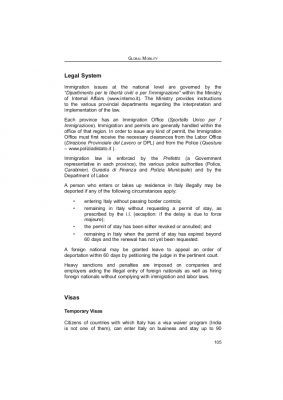The majority of employers are not obliged by law to offer health benefits to their employees, although it is something very common in many companies. When an employer offers or provides health benefits (including medical insurance, disability, dental and life), must respect federal laws anti-discrimination and regulations for the implementation of health plans that protect the rights of the employees covered by such plans.
Anti-Discrimination laws in Health care Benefits for Employees
As mentioned above, employers are not required to provide their employees health insurance, disability, dental or life, but if they do, must respect federal laws that prohibit discrimination in employment. As in other areas related to employment, such as hiring, promotions and layoffs, it is not permissible to provide different types of coverage on the basis of gender, race, age, nationality, religion or disability of an employee or their dependents. For example, an employer that provides its employees health insurance may not do the following, among other things:
- provide less coverage or stop offering it to older workers or employees who are pregnant;
- to make a distinction between the diseases related to pregnancy (including miscarriage, abortion, intentional and postpartum recovery) and other health conditions; and
- refuse to provide coverage on the basis of disability, real or perceived of the employee or his dependents, or his or her genetic information.
ERISA and Rights to the Application of health Insurance
When an employer decides to offer a plan of these characteristics, you must manage it in accordance with certain standards designed to protect the interests of employees and other beneficiaries of the plan (such as the family), according to the federal law known as the Law of Security of the Retirement Income for Employees (Employee Retirement Income Security Act (“ERISA”). According to ERISA, employers must follow certain steps in connection with the benefit plans of health of the employees, among them:
- notify employees (referred to as “plan participants”) about eligibility standards, application procedures, their rights and the related changes that occur in the plan; and
- manage and invest the funds of the plan according to the best interests of the participants.
Legal help: Health Benefits and Rights of Employees
Although most of the employers are not obliged by law to offer health benefits to their employees, the delivery must comply with certain federal laws anti-discrimination and regulations to health plans. If you are an employee and have questions about your rights in respect of a health plan from work, or if you believe that your employer may be violating the regulations of a health plan, contact a lawyer specializing in the rights of employees to analyze the situation and your legal options.










